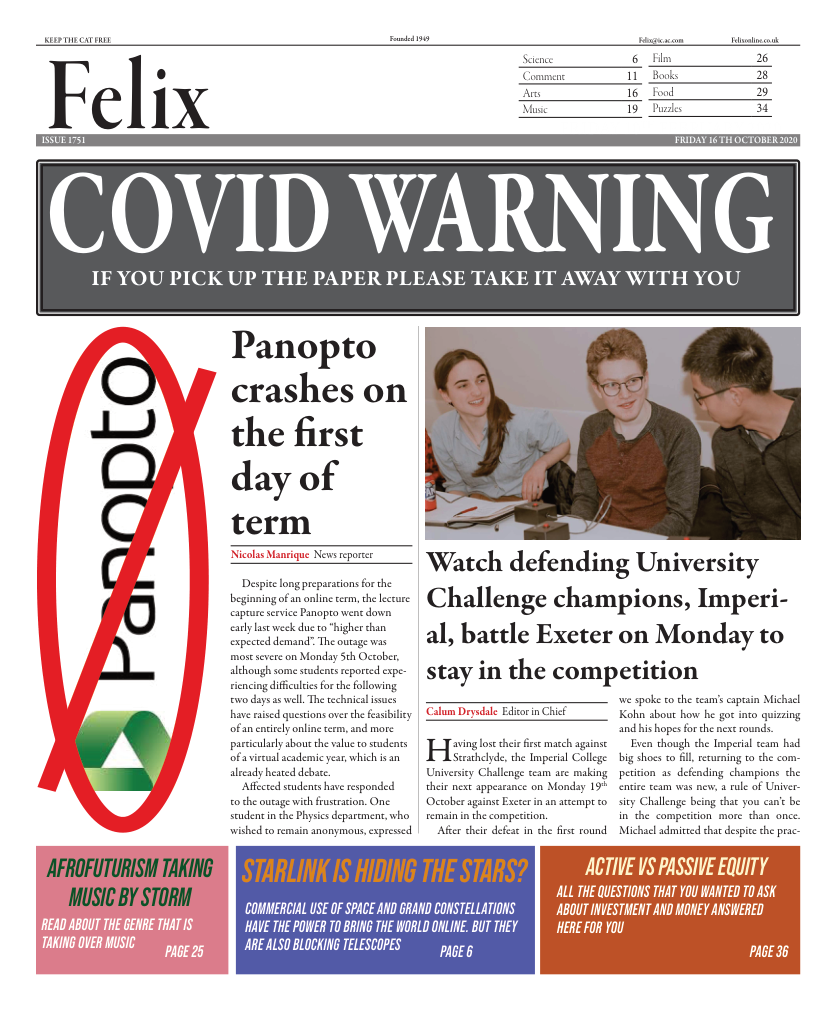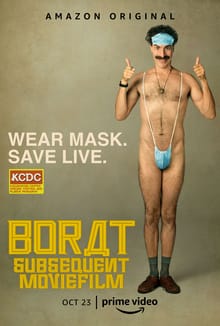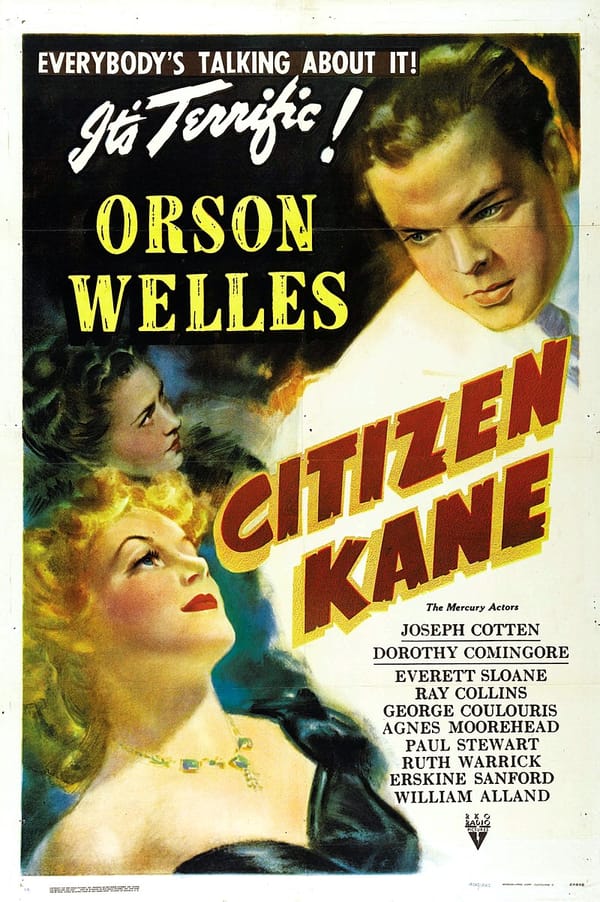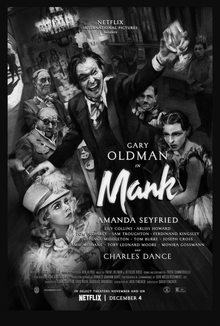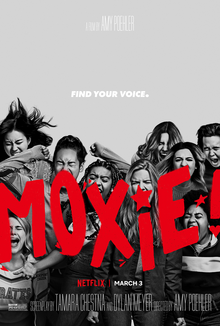Classic Film of the Week: The Shining
To mark the 40th anniversary of 'The Shining', Film Editor Oliver Weir looks back at why it is perhaps the greatest horror film of all time, and also the turbulent journey it took to finally earn that title.
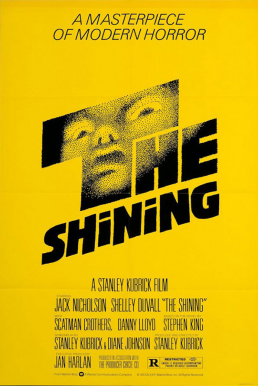
While the idea of conscious deliberation in Art is popular, it is not supreme. The editorial mechanism feels predominant because it’s explainable, but edits and rewrites are driven by impulses that are never understood. That an artist sees one phrase as more fitting than another, or one fabric a more suitable shade of violet, is impossible to satisfactorily explain. The artist relies on the unconscious miasma of nurture and nature to spit out artistic truth. Even the most refined editorial know-how is incapable of entertaining an idea that never springs to mind. Great directors need no more than these mechanisms. Their artistic intuition so closely coincides with ‘artistic fact’ (i.e. those things that make us think and make us feel) that few external tools are necessary.
In The Shining, the stately poise of Barry Lyndon harmonises with the frightening ceremony of A Clockwork Orange, amounting to what I think is Kubrick’s finest film, the greatest example of his craftsmanship
In the case of Stanley Kubrick, the divine intuition is for ‘orchestrated terror’. Being an instinct, this sensibility is naturally genreless, and as such we find a calculated, rhythmic fear coursing through the veins of his entire filmography. We can feel it in 2001: A Space Odyssey, Full Metal Jacket, A Clockwork Orange, and Eyes Wide Shut, but it finds its most evocative shape in The Shining. Amid an almost faultless canon, The Shining stands out for its algorithmic potency. Its cogs are positioned and oiled in such a way as to exact particular responses from the audience. All the emotions that we fleetingly attribute to circumstance are in fact as predestined as the characters we’re watching. We may not notice the knives looming over Danny’s head in every kitchen scene, nor do we notice the changing layout of the Overlook Hotel, but these details are not wasted on our unconscious minds—they fester in a cloud of portent and deception. In The Shining, the stately poise of Barry Lyndon harmonises with the frightening ceremony of A Clockwork Orange, amounting to what I think is Kubrick’s finest film, the greatest example of his craftsmanship. (Incidentally, it is of no surprise that HAL 9000’s callous duplicity, or feigned contrition, is directed so naturally in 2001—HAL is the incarnation of Kubrick’s practice.) Disappointingly, the horror genre over the past decade has been survived by a handful of irritating tropes and plot devices (one need look no further than the dumb gore in the Saw franchise or the token ‘jump-scare’ which attaches itself to movies like an intravenous drip these days.) In contrast, The Shining separates itself from dull conventions—every speck of blood is deliberate, necessary, and considered.
The Shining stands as a cinematic monument to what is possible in the hands of genius directors, in whom works the most divinely unexplainable intuition
With such praises on the table, The Shining’s true history can easily become distorted. It was in fact the only one of Kubrick’s last nine films not to receive a nomination for an Oscar or a Golden Globe. Rather embarrassingly, it did inspire Kubrick’s only Razzie nomination. But its negative reception was nowhere more apparent than in the words of Stephen King, who reportedly said that the film was the only adaptation of his work that he could “remember hating”. At first it seems that King thought of Kubrick’s film less as an adaptation and more as a ransacking. Ultimately, the idea of a faithful adaptation necessarily translating into quality on the screen is a mirage. Indeed, King’s own forays into TV/Film prove this: the 1997 miniseries The Shining (written by King, and starring Rebecca De Mornay) is a more faithful take on the novel, but it’s universally seen to have fallen short of Kubrick’s 1980 standard. King evidently respected Kubrick’s instinct and the need for artistic liberties to be taken. In his 1981 book Danse Macabre, he writes that The Shining had "contributed something of value to the [horror] genre", and stated that it was one of his “personal favourites”. It must be noted that, with regard to seeing The Shining as a masterpiece, King was ahead of the game. The cultural re-evaluation of The Shining took much longer than a year. Perhaps the movie needed its own space; after all, it did open on the same weekend as The Empire Strikes Back. While this may account for its slightly low box office takings, it does not account for the notably negative critiques of its quality. Perhaps Kubrick simply pushed the envelope so boldly (as in 2001) that contemporary tastes were unable to keep up. In any case, when we compare it to other movies that have received similar re-evaluations (and also shared opening weekends with Star Wars movies—I’m thinking of Friedkin’s Sorcerer in 1977) The Shining has fared extremely well. It stands as a cinematic monument to what is possible in the hands of genius directors, in whom works the most divinely unexplainable intuition. As we mark The Shining’s 40th anniversary, we should think back on it not as something to be remembered, but rather as a monolith on some distant hill, the path to which modern horror should strive to retrace.

